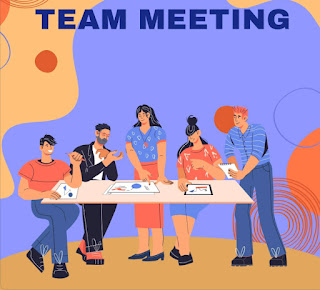Happy Halloween making the holiday fun for everyone

Halloween is a fun night of costumes and candy for kids of all ages. But for those on the autism spectrum , scary sounds and decorations, tight or scratchy costumes and going out at night can be a lot to handle. Helping your child know what to expect from Halloween can help make it a fun time for everyone. although I don't celebrate halloween I want to make sure its safe for my son that is on the spectrum and my daughter. How To help your littler one get Halloween off to a good start help your kids learn what to expect around Halloween. You can add your own pictures and text to the story. It also includes a badge that autistic children can wear to let candy-givers know that they may communicate differently than other trick-or-treaters. Scary decorations, places and sounds Halloween decorations can be scary. Ghosts, goblins, witches and black cats are everywhere! And they often come with bright, flashing lights and loud sounds. Even though they’re just for fun...





